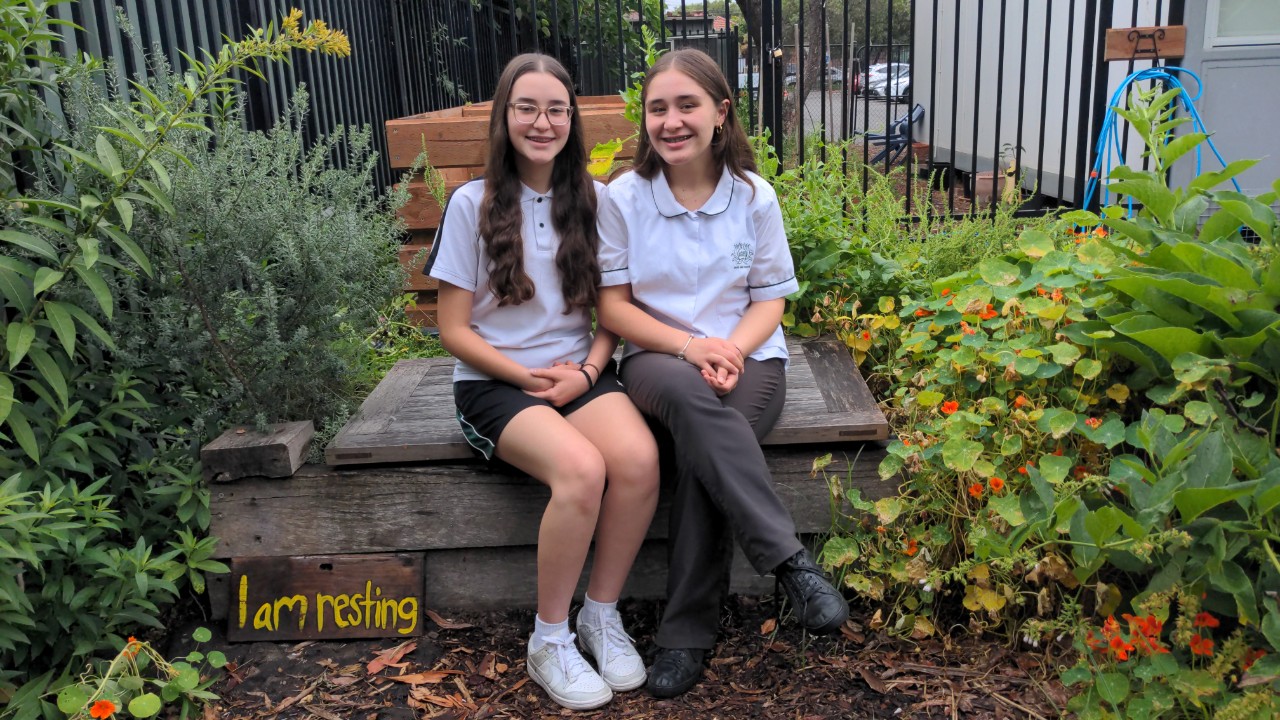
Auburn Girls High School
Auburn Girls High School halved their emissions from food waste by using a scientific approach, a student team investigated different composting systems and techniques.
A number of schools have shared their experiences in developing different strategies to both minimise food waste as well as divert it from landfill. These case studies show the different strategies and approaches that you could use in your school.

Auburn Girls High School halved their emissions from food waste by using a scientific approach, a student team investigated different composting systems and techniques.
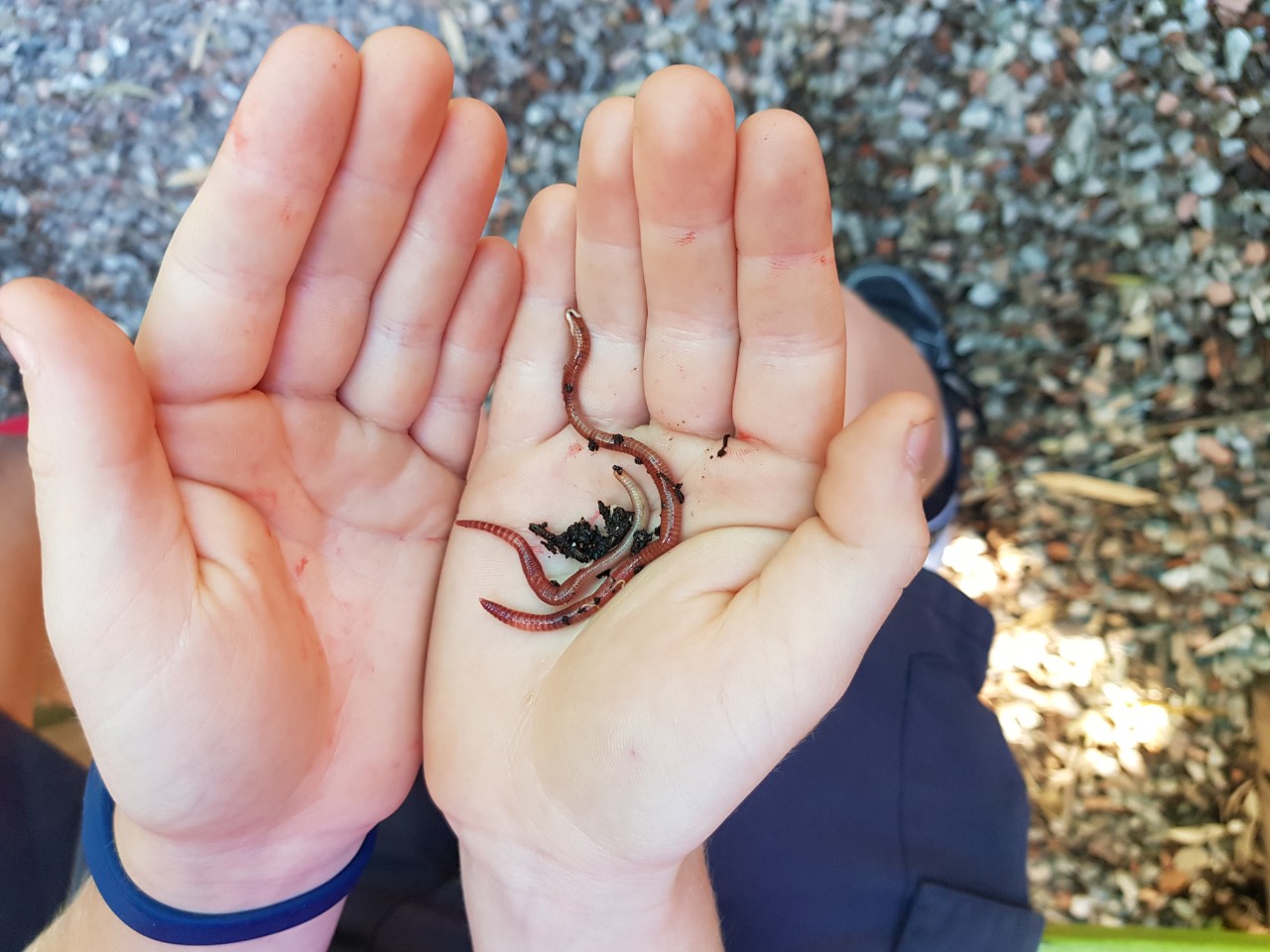
Small Steps, Big Changes allowed Dee Why Public School to achieve behaviour change through planning, education and engagement to both reduce waste to landfill and increase biodiversity.
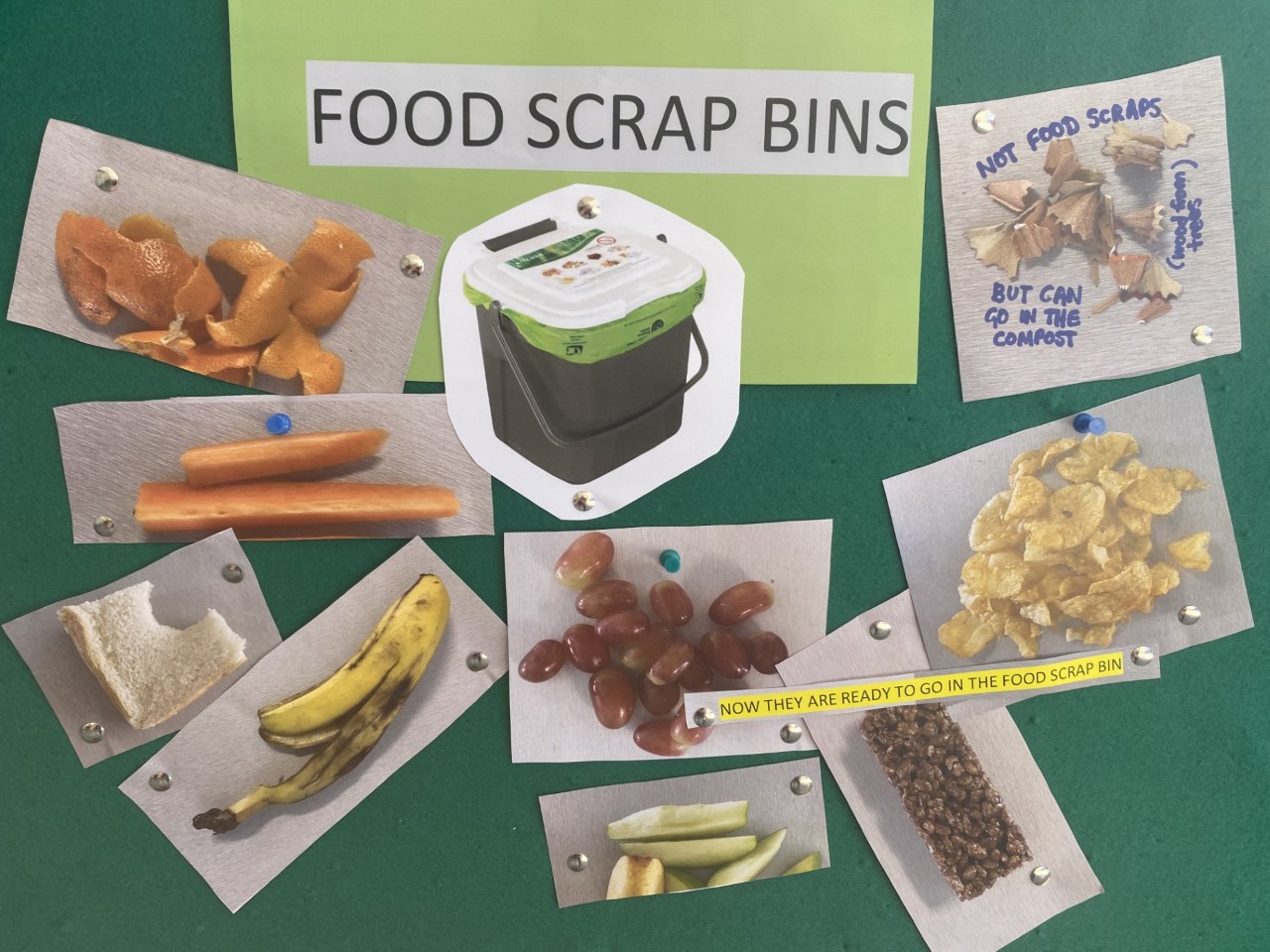
See how the student-led IBIS team managed to reduce the amount of food waste going to landfill by 70%.
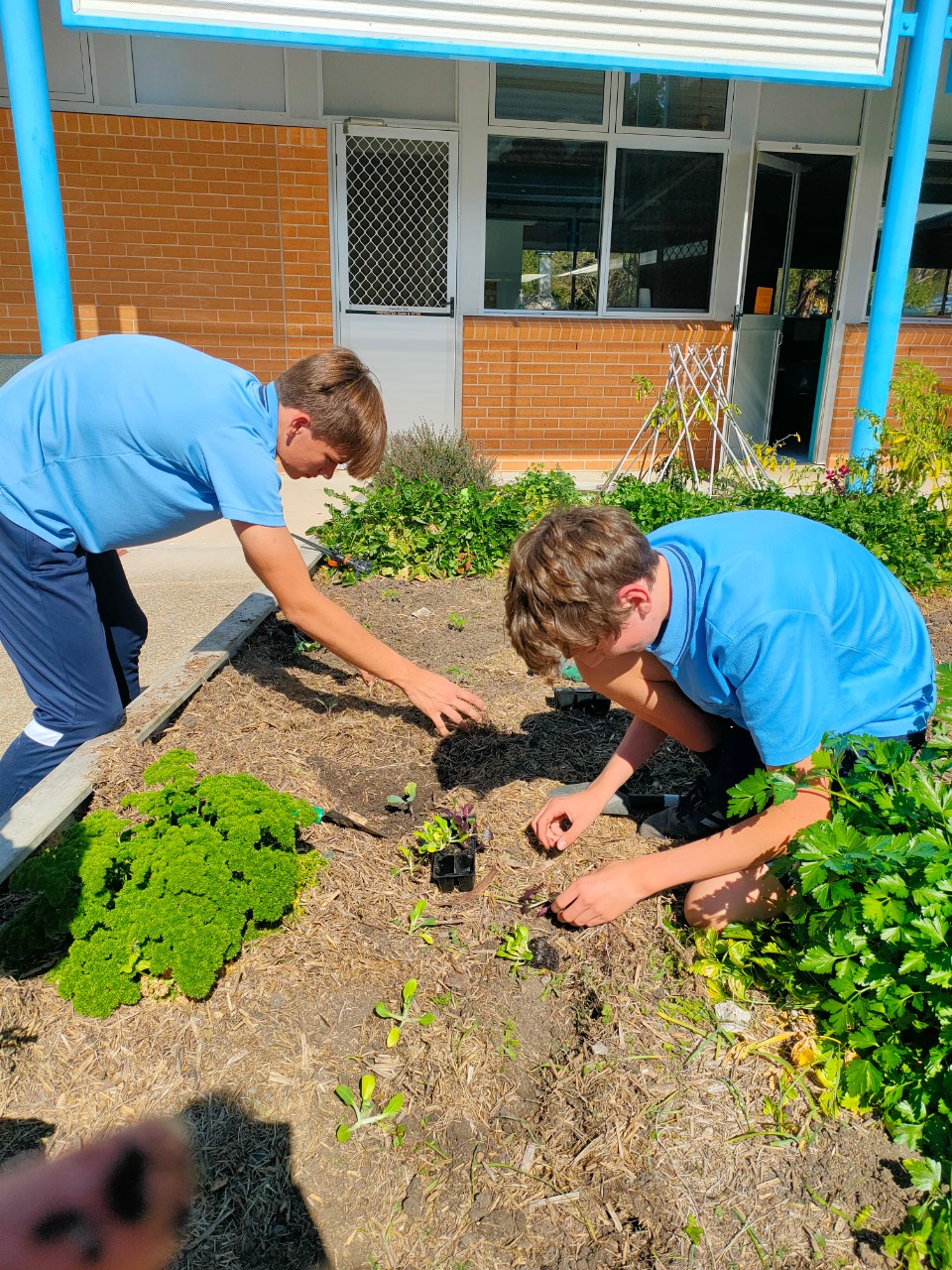
Partnering with the community, Nambucca Heads High School introduced a circular system of food production diverting food waste from landfill.
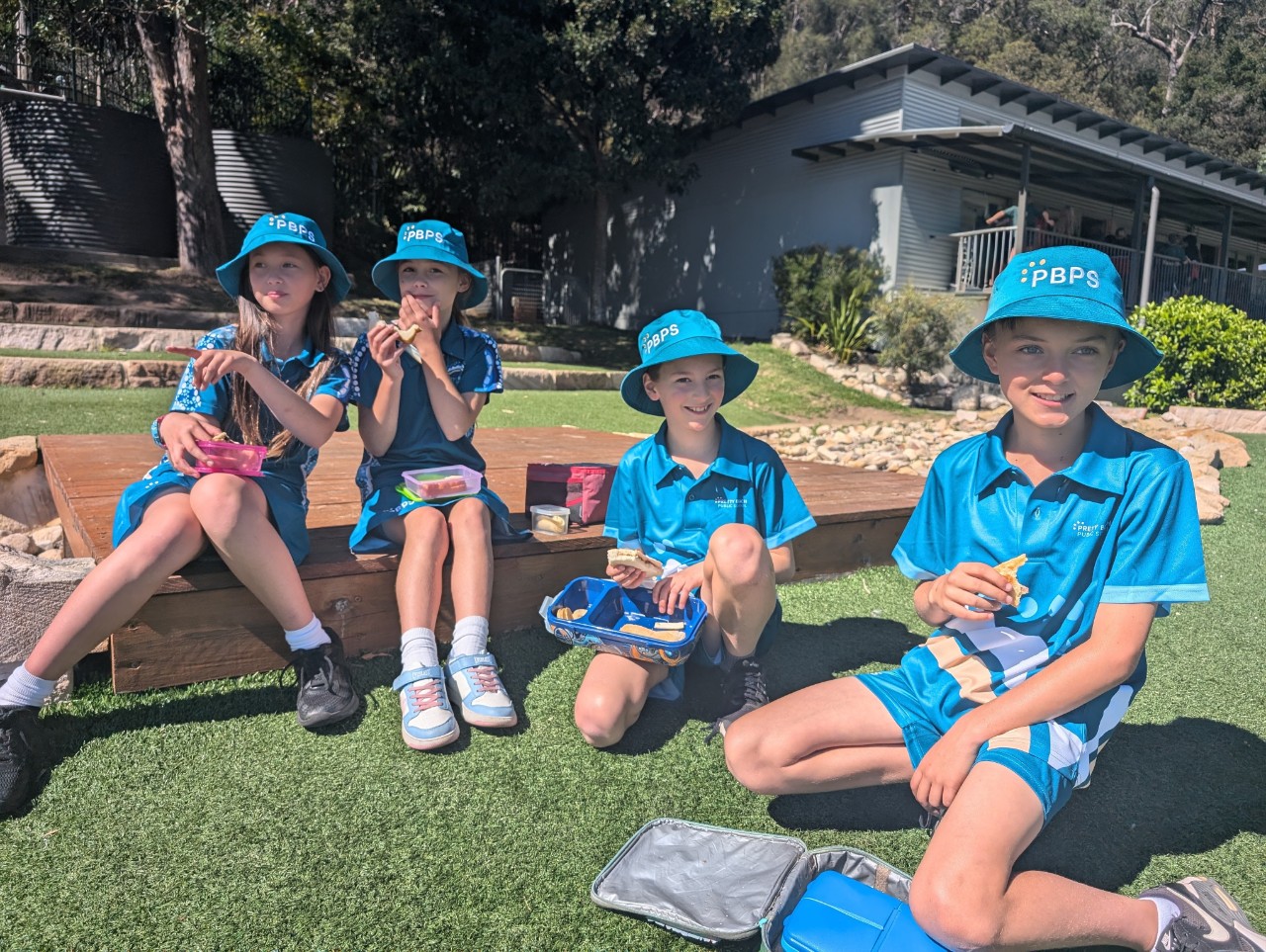
Letting students play before eating has not only reduced food waste at Pretty Beach Public School but also helped improve student attentiveness and well-being.
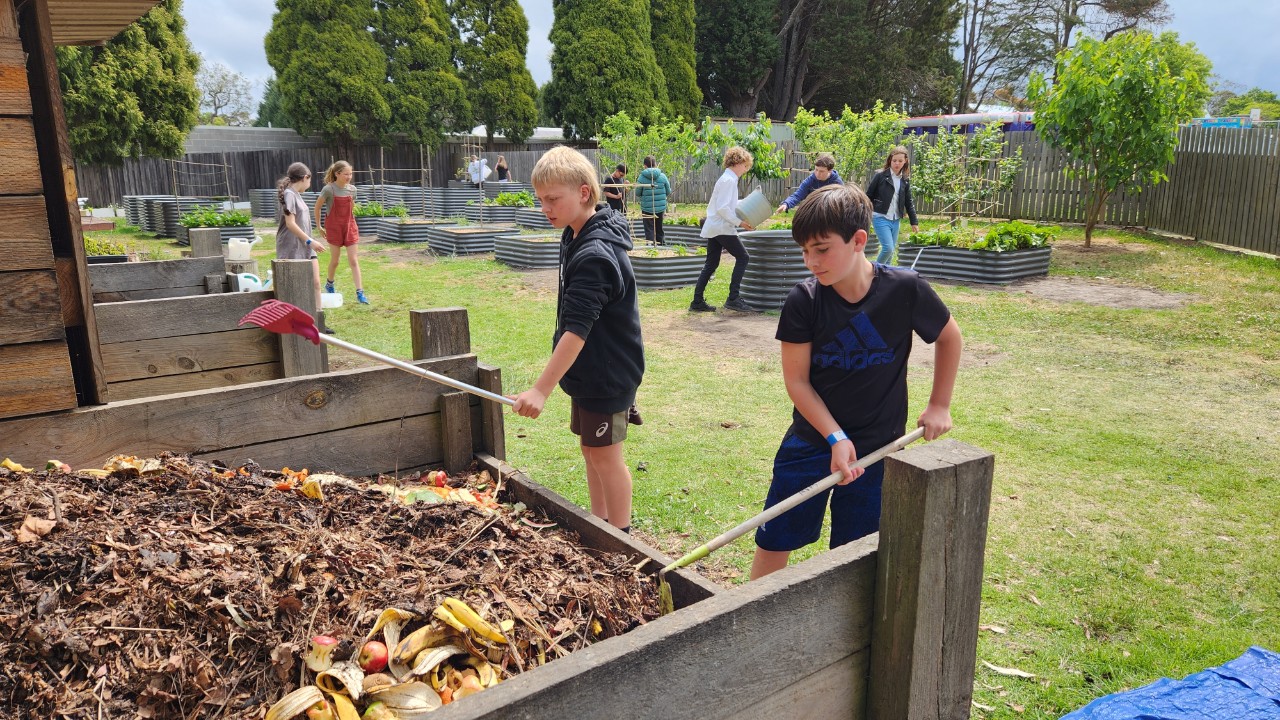
Students and staff across K-6 engaged in cross-curriculum learning in their ‘paddock to plate’ garden, gaining awareness and understanding of practical ways to support education for sustainability.
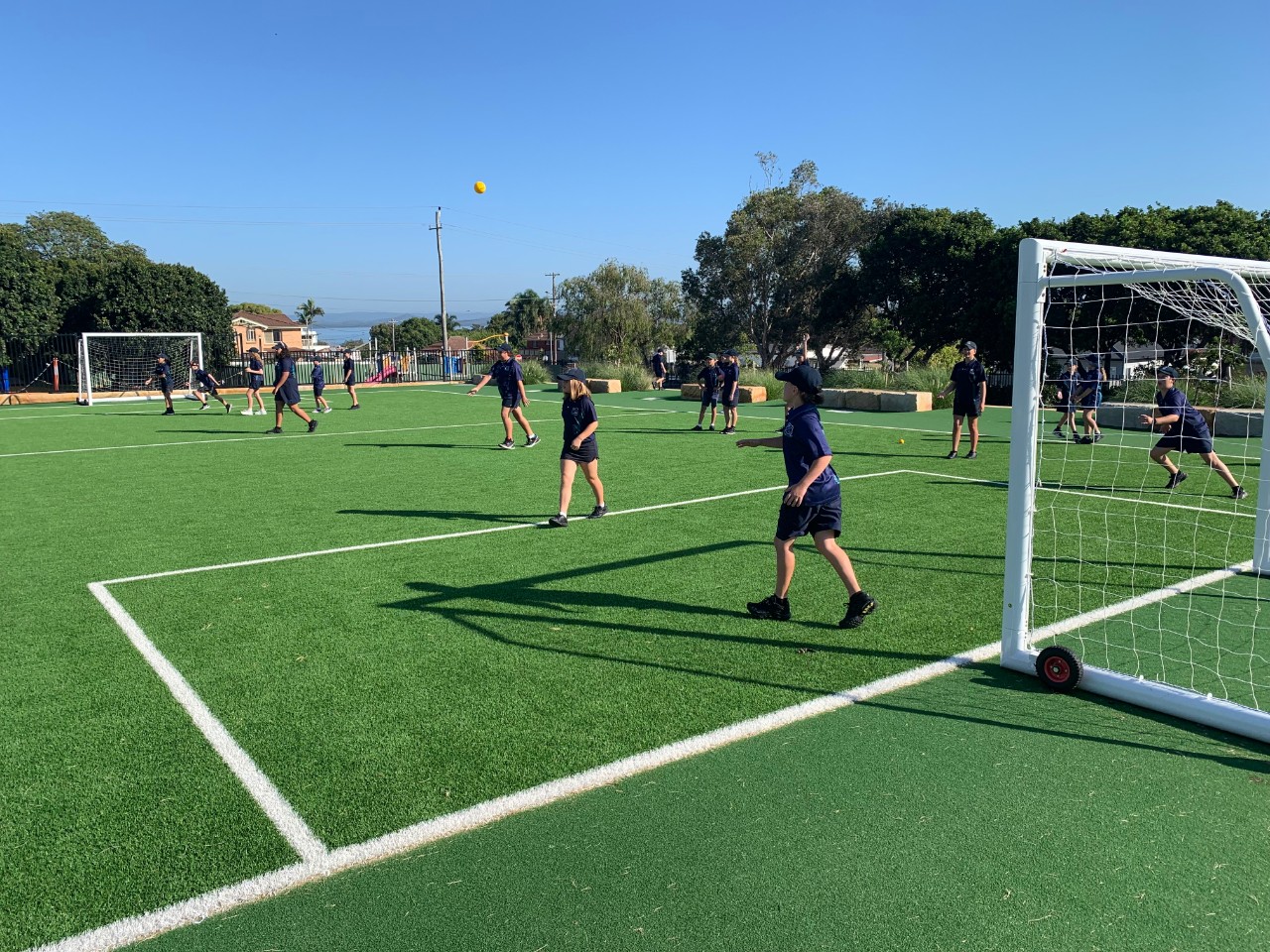
In exploring data on behaviour, questioned why they ate first and played second when everywhere else in life you would work or play first then eat.